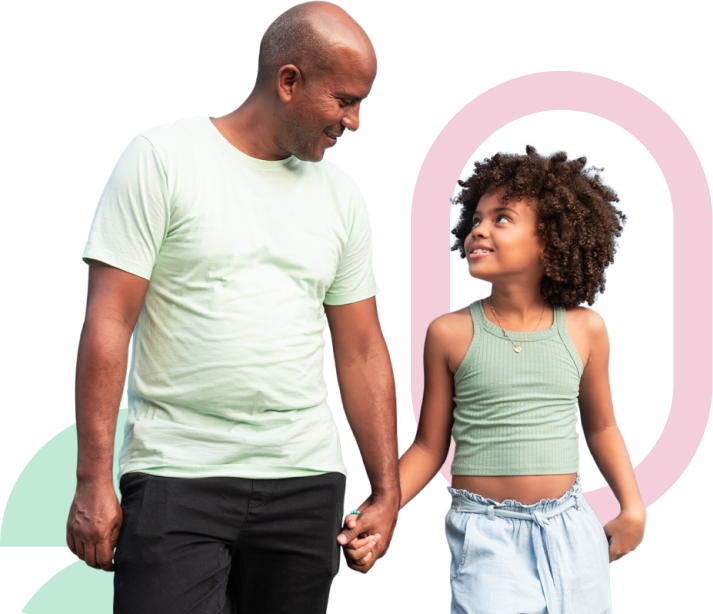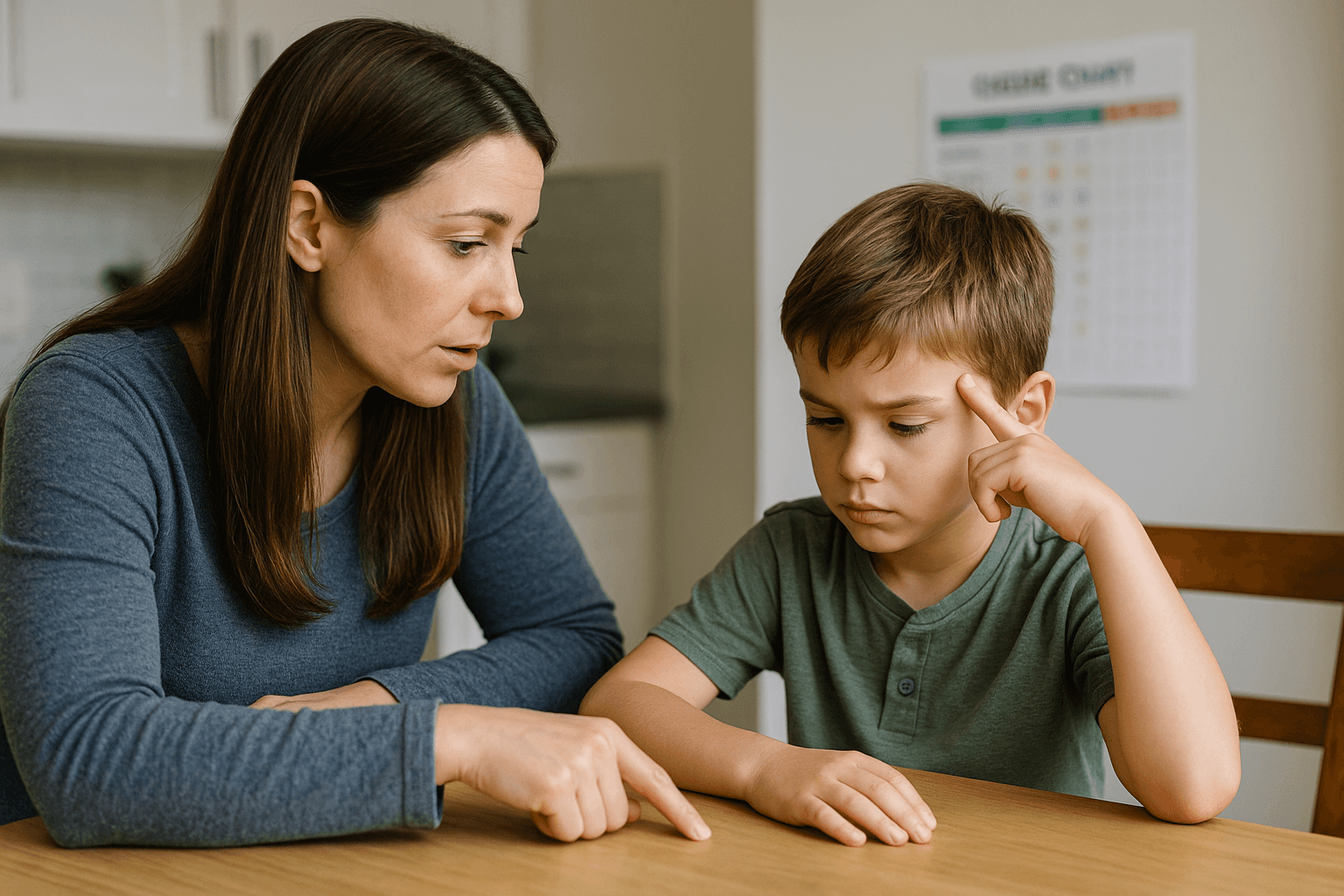Considering therapy for your child?
You're not alone: about 40% of children show symptoms of mental health conditions by age 18.
Learn about how child therapy works, what to expect, and how to get started in the sections below.

What is child therapy?
Qualified therapists assist children facing emotional, behavioral, or mental health difficulties.
The treatment focuses on issues such as anxiety, depression, behavioral problems, family conflicts, and trauma.
Therapy offers a supportive environment for children to express feelings, develop coping skills, and enhance emotional well-being.

How therapy helps your child

Emotional Regulation
Therapy helps children learn to manage their emotions, identify feelings like anger or sadness, and respond to them in healthy ways.

Improved Communication Skills
Therapy helps children express their needs and frustrations more effectively.

Coping Mechanisms
Therapy provides healthy ways to cope with stress, anxiety, or difficult life events.

Behavioral Support
Therapy helps address issues like defiance and aggression, fostering understanding of actions and finding better ways to deal with strong emotions.

Boost in Self-Esteem
Therapy often helps children build confidence, especially when they learn to overcome challenges, process their emotions, and/or solve problems on their own.

Academic and Social Improvements
Therapy addresses emotional and mental health issues which can also improve your child’s performance at school and with their interpersonal relationships.
What to expect from therapy

Initial Assessment
Your therapist evaluates concerns through discussions with the child and parent, exploring family dynamics, history, school performance, and stressors.

Child-Centered Approach
Sessions are tailored to the child's age and developmental stage, using play therapy techniques for younger children and talk therapy for older kids and teens.

Safe Environment
A confidential space is created for children to express themselves freely without judgment.

Parental Involvement
Parents are involved in therapy, with opportunities to discuss progress and strategies while respecting the child's privacy.
Supporting your child during therapy

Open Communication
Encourage sharing about sessions without pressuring for details.
Follow Therapist’s Guidance
Implementing suggested strategies can enhance your child’s progress and home dynamic.
Monitor Progress Without Pressure
Celebrate small victories while avoiding pressure for quick improvement.
Provide Feedback
Communicate with your therapist about what is working well and what changes you would like to see.
Embrace Change
It's normal if your first therapist isn't the right fit. Feel free to explore other therapist who may better meet your needs.
Ready to take the first step?
We’ll guide you every step of the way.
